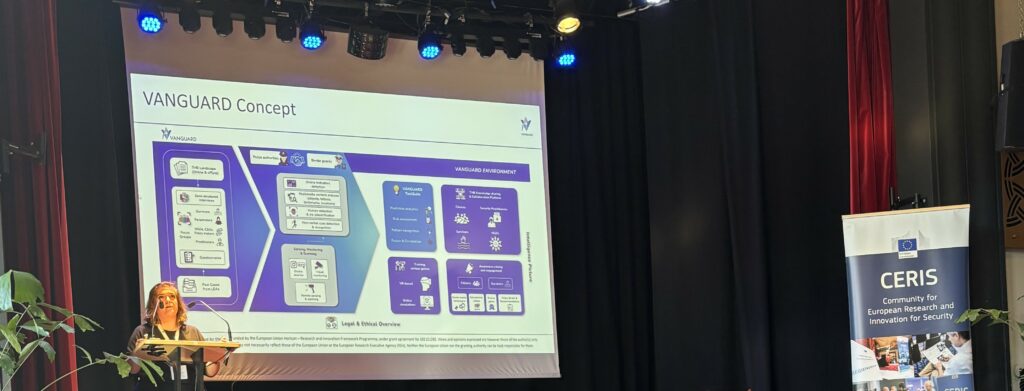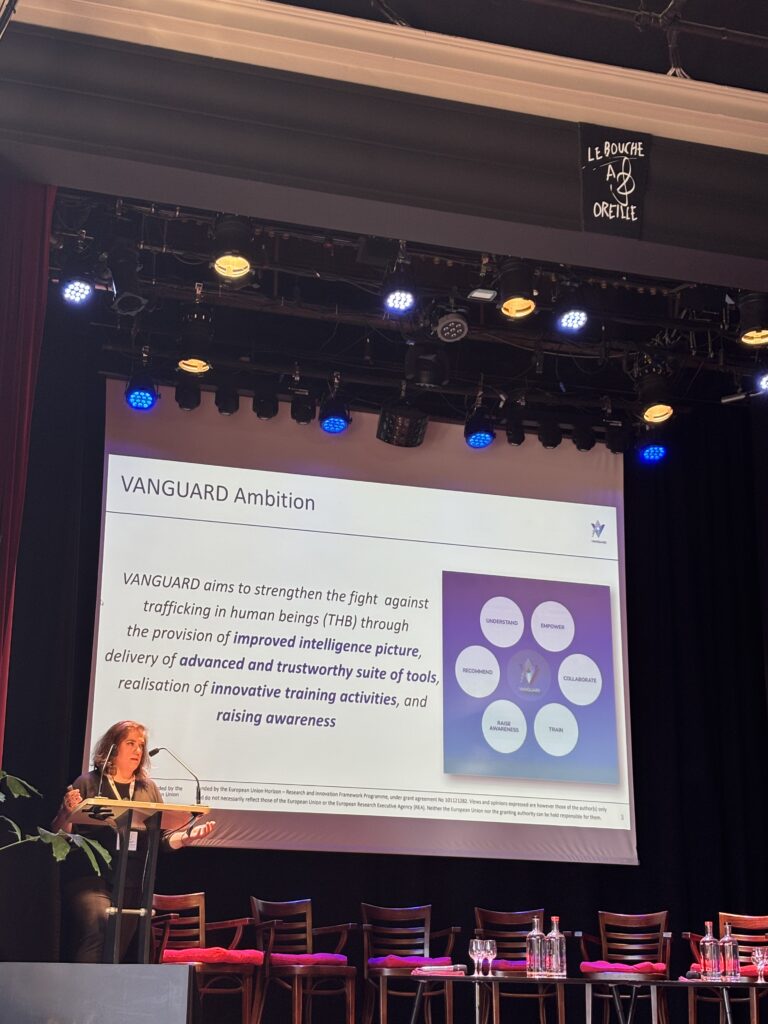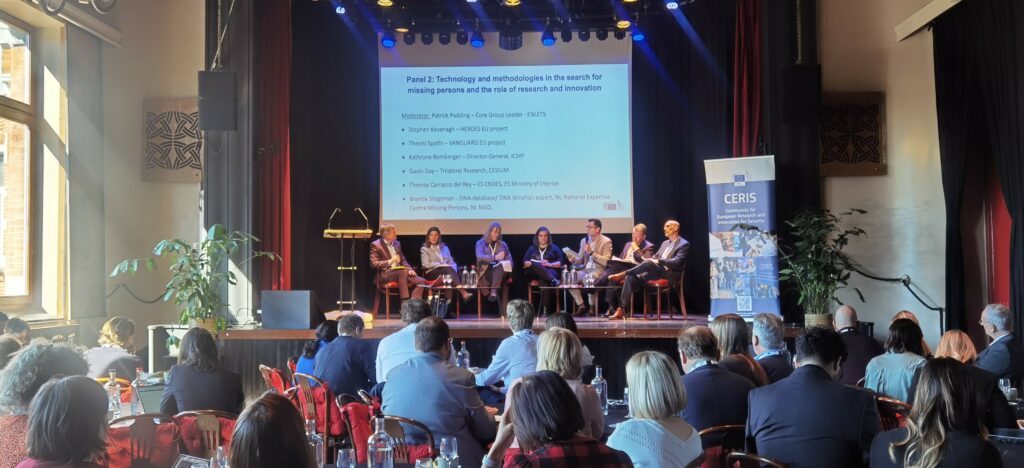On the 19th of March 2025, VANGUARD participated to the thematic workshop on the issue of Missing Persons, organised in Brussels by the Community for European Research and Innovation for Security (CERIS). The event brought together a wide range of participants across different disciplines ranging from social sciences and humanities to information technologies, including representatives of non-governmental organizations (NGOs), research/academia, industry, law enforcement as well as members of the public, to thoroughly address the prevention of and the challenges stemming from people going missing, exploring in parallel innovative solutions and relevant responses.

During the workshop, three panel discussions took place: the first outlined the phenomenon, trends and challenges of missing persons, the second provided an overview of the current methodologies, AI-powered tools and technologies along with their innovative role in modern missing persons investigations, and the third highlighted the critical role of NGOs in addressing missing persons cases, identifying in parallel the risk indicators as well as the barriers that have to be addressed for a well-rounded prevention. In between these panels, demonstrations of cutting-edge technologies developed in four different EU-funded projects (HORIZON Europe projects VANGUARD and HEROES, ISF project CESAGRAM, and Amber Alert’s International Cold Cases Analysis project) took place, showcasing AI-driven tools and methodologies that can be utilised to support missing persons investigations.


VANGUARD, represented by its Coordinator, the M4D group of the MKLab of the Information Technologies Institute (ITI) at the Centre for Research & Technology Hellas (CERTH), participated in the second panel, providing insights on the legal and ethical implications on the development of relevant AI tools, as well as on the need to infuse social research findings in technological developments, ensuring in parallel further enhancement of the existing intelligence picture in the field, as well as building a common understanding and awareness on the phenomenon. A presentation of the AI-based tools being developed in the project also took place, highlighting their role for supporting investigations, improving decision making, as well as providing actionable intelligence through multimodal data fusion, correlation, pattern recognition, predictive analytics and risk assessment.
